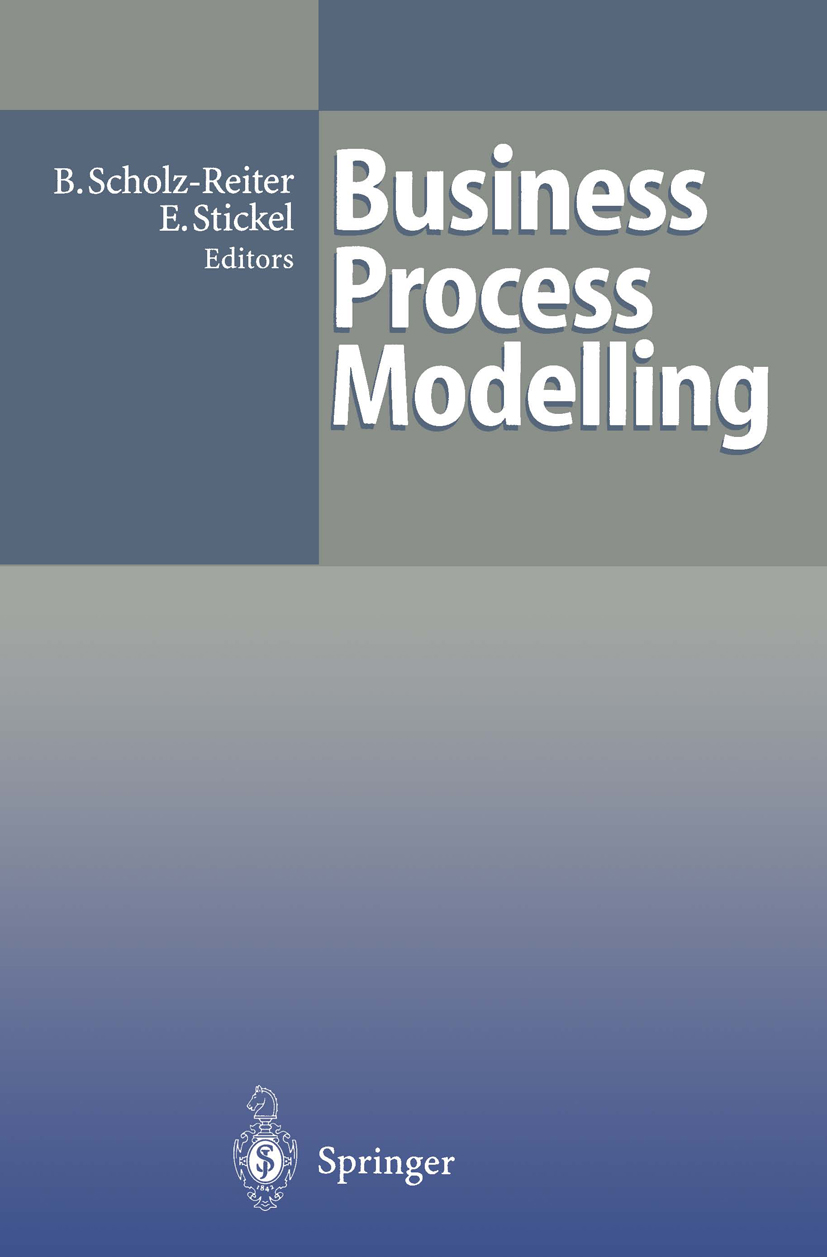Business Process Modelling
Business Process Modelling
Today information is considered to be a valuable company resource that has to be planned, coordinated and documented. Business processes need to be treated in the same way. Moreover, significant potential for improvement may lie in optimizing these p...
Read more
Today information is considered to be a valuable company resource that has to be planned, coordinated and documented. Business processes need to be treated in the same way. Moreover, significant potential for improvement may lie in optimizing these processes. As a consequence information should be collected and suitably modelled and business processes need to be analyzed and redesigned. Business modelling usually deals with different views of a company. The data view is concerned with information structures, the functional view analyzes tasks and procedures, the process view links different functions by analyzing workflows and events triggering them, while the organizational view is concerned with the structure of the company under investigation. These views should not however be treated in an isolated manner. The key to success is to deal with the interaction between them. Hence, business modelling should provide an integrated view of all relevant informational, functional, organizational and workflow issues. One of the most significant problems results from the complexity of the modelling task. Modelling tools are required and are to be used in combination with other close methodologies and applications. Suitable generalizations and/or new methodologies need to be developed.
Less
